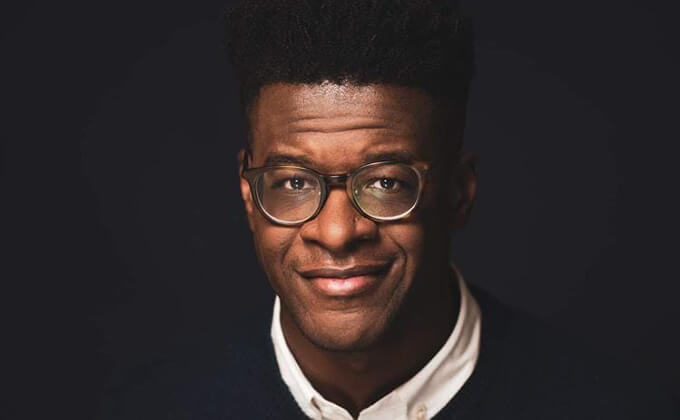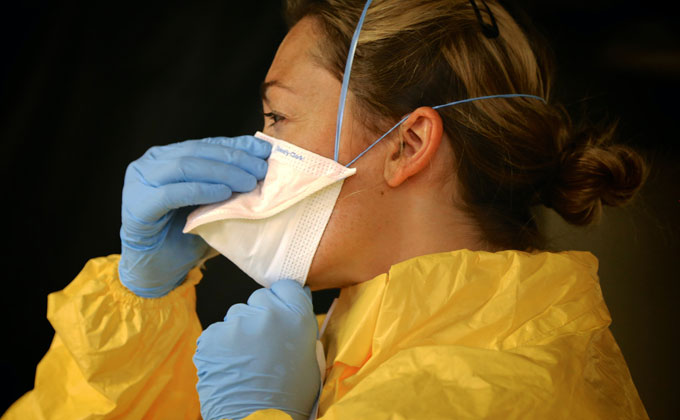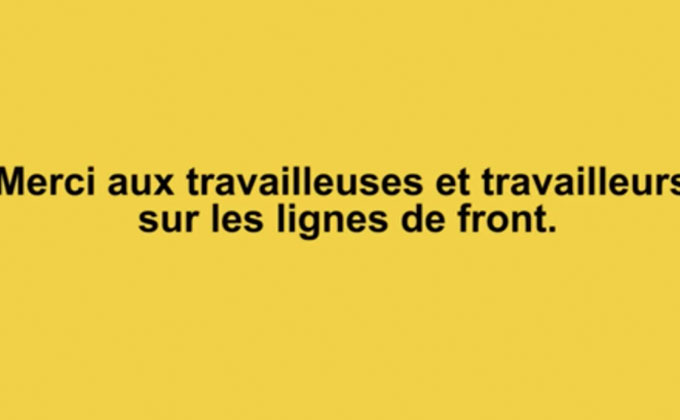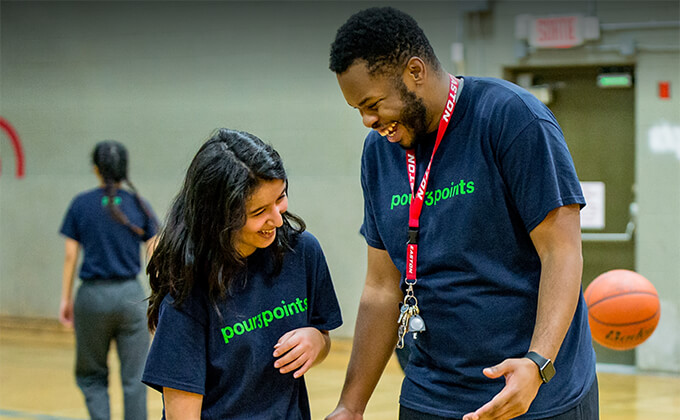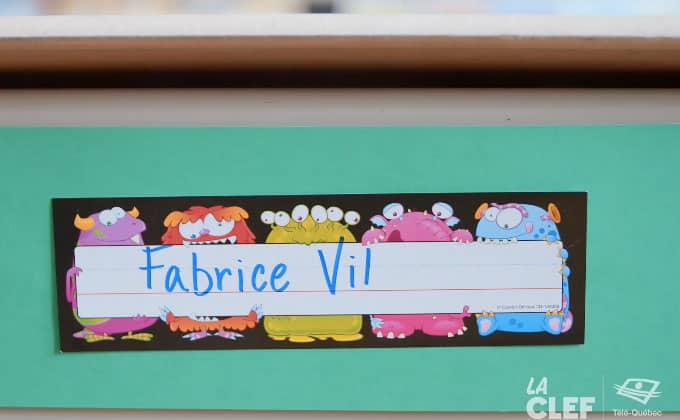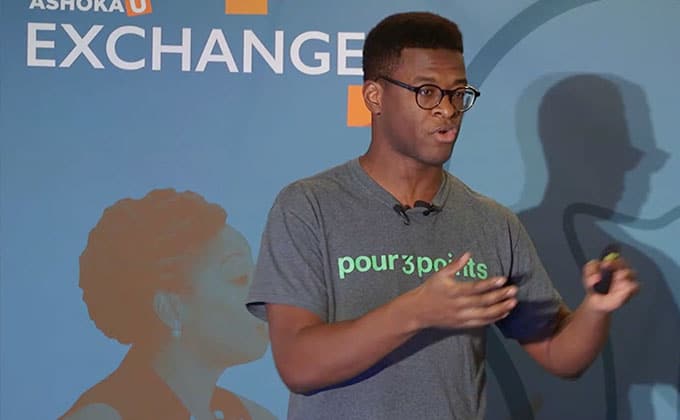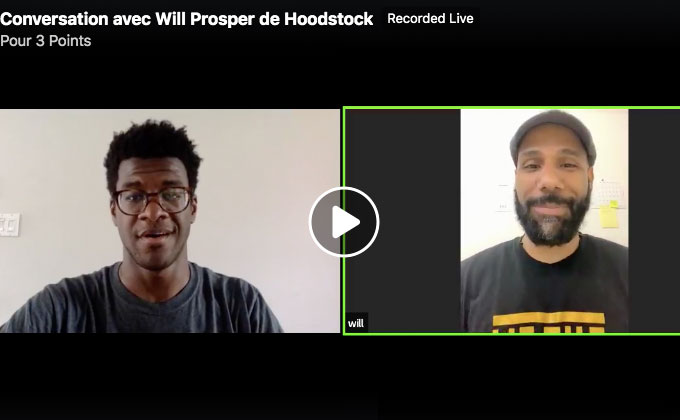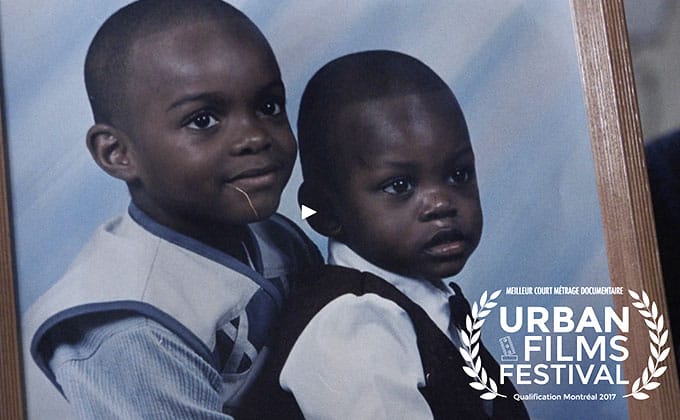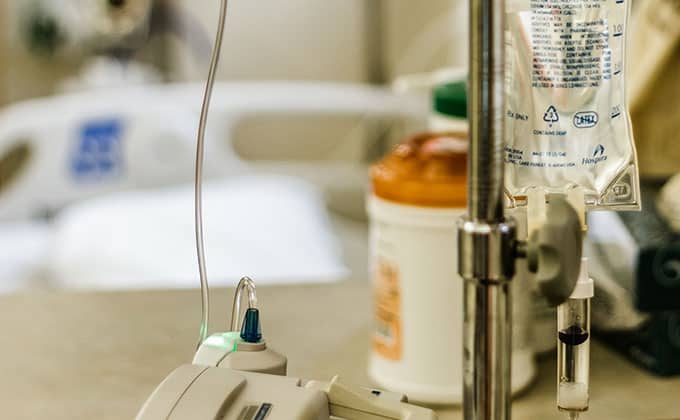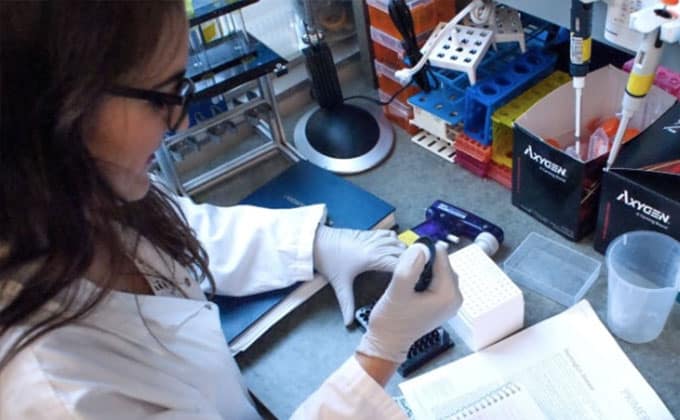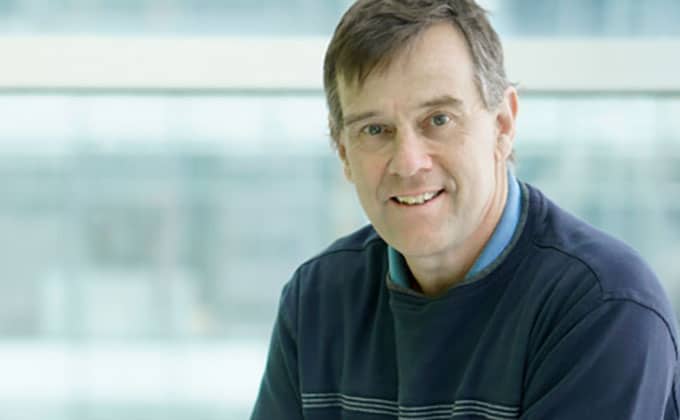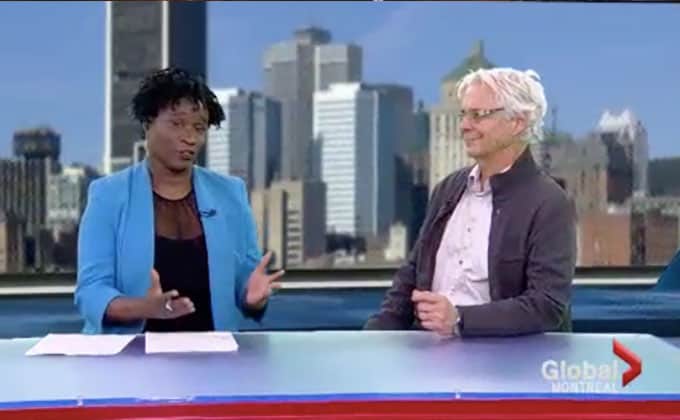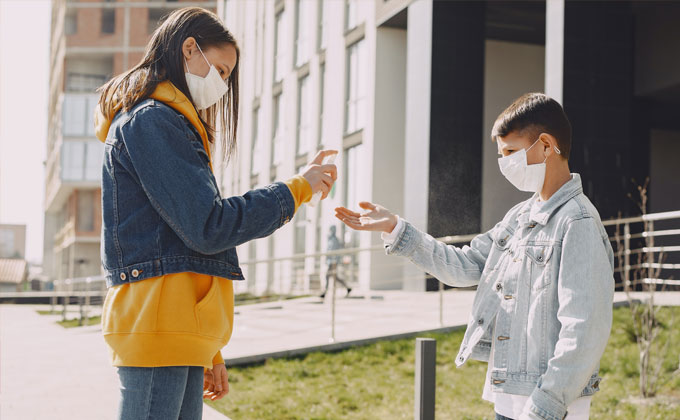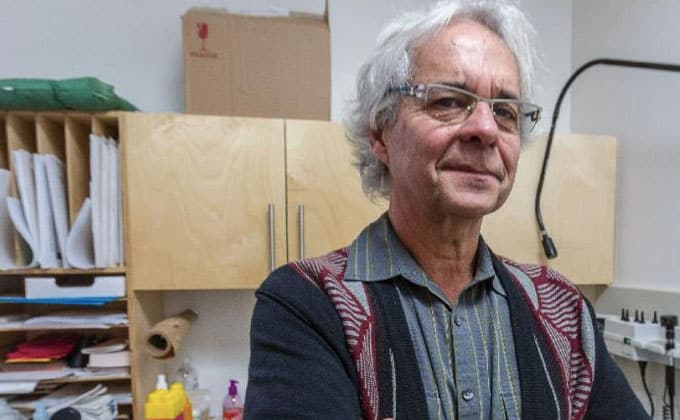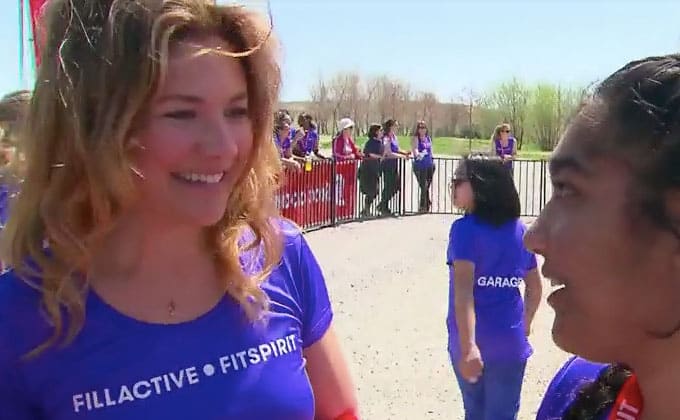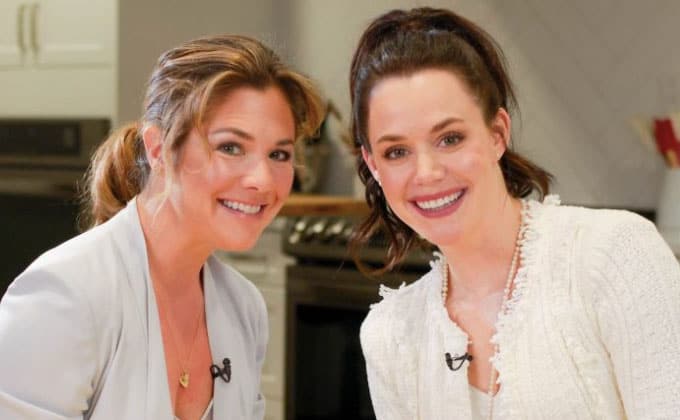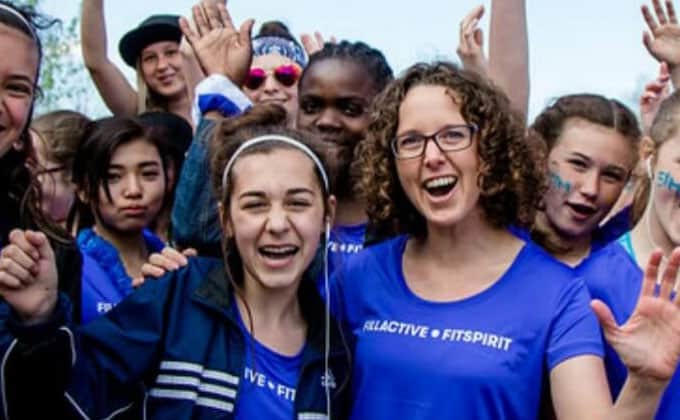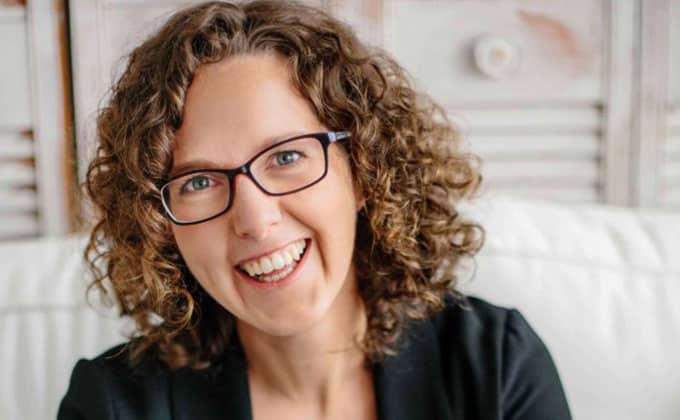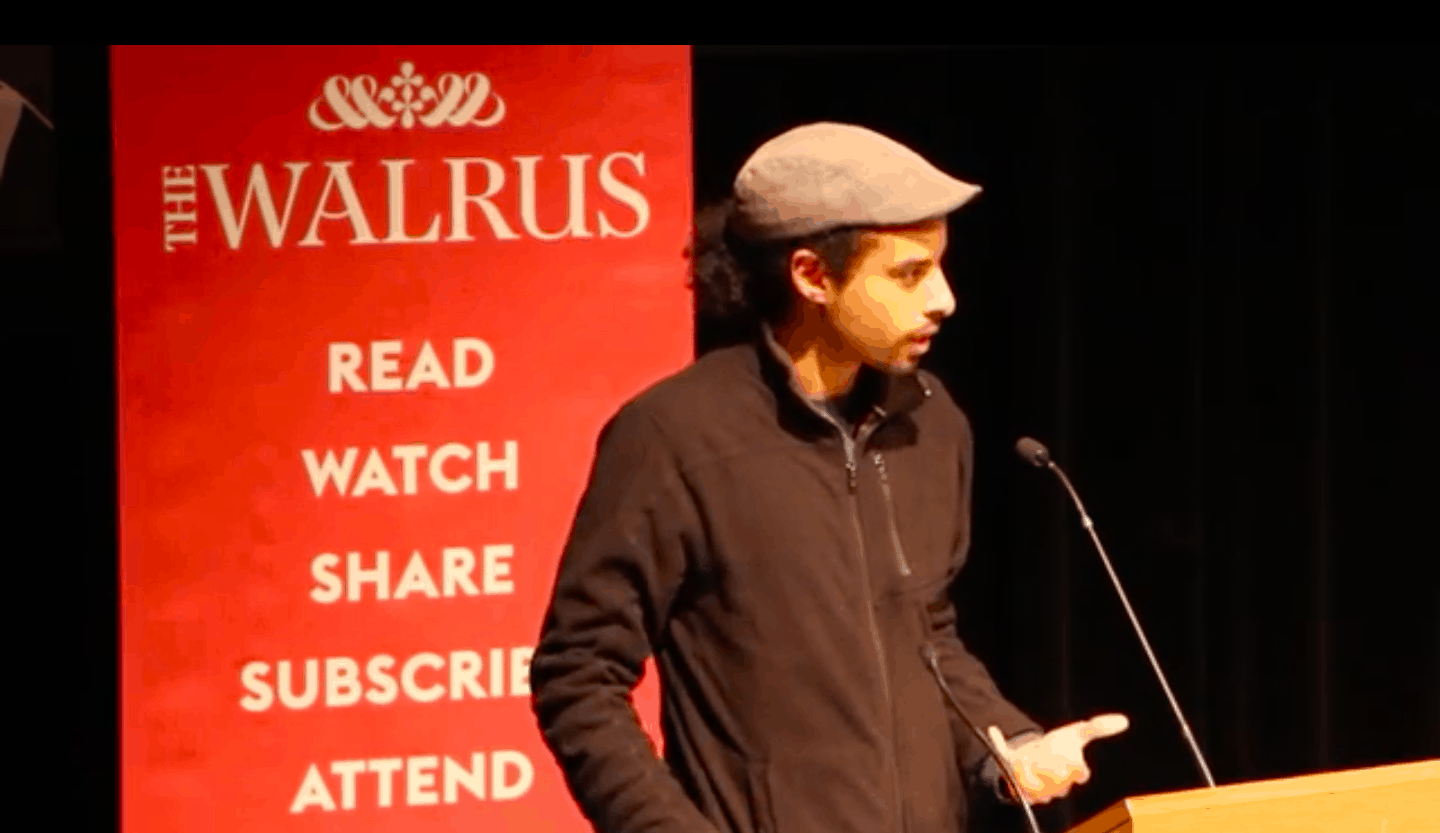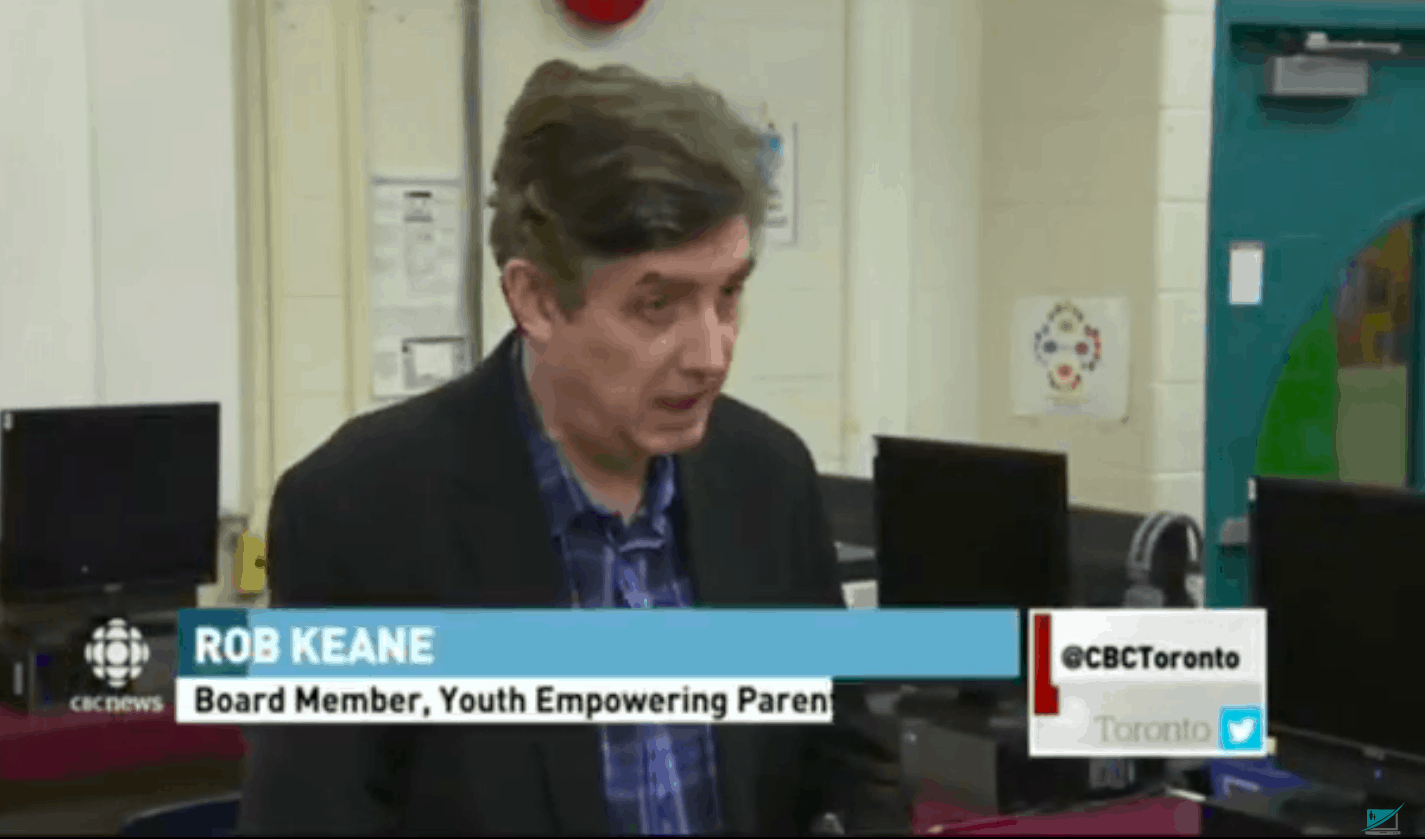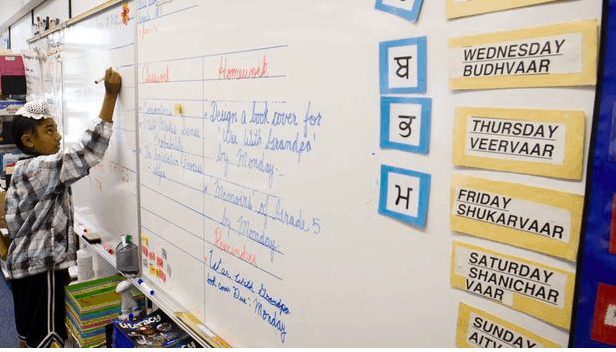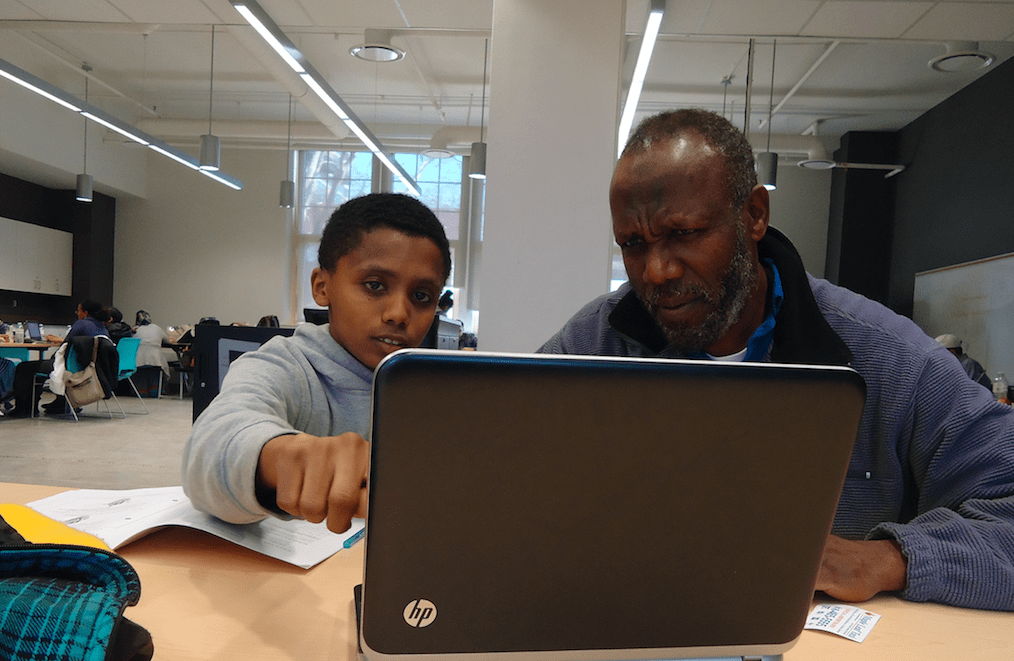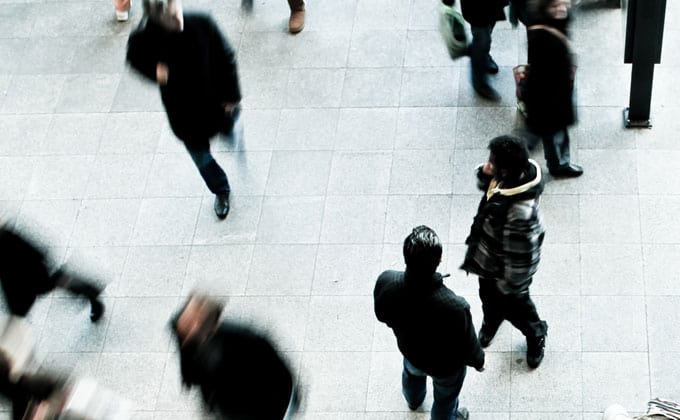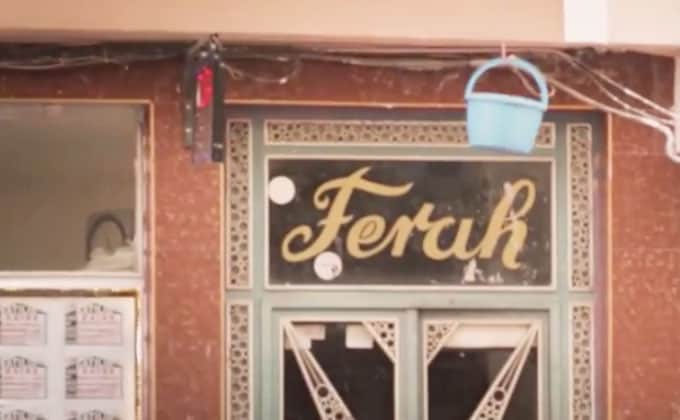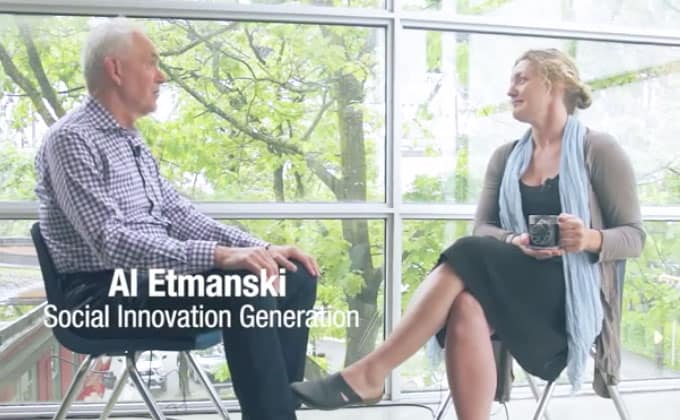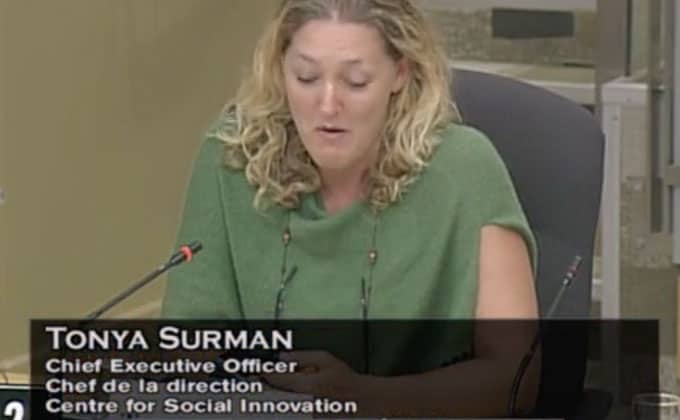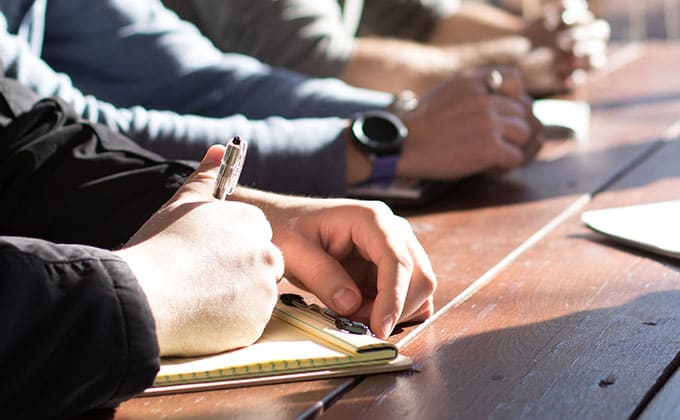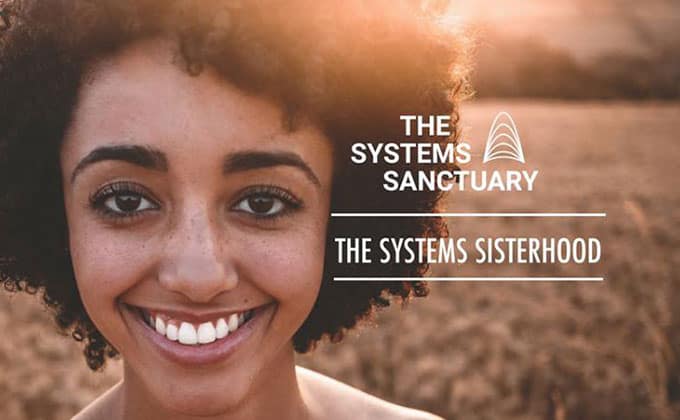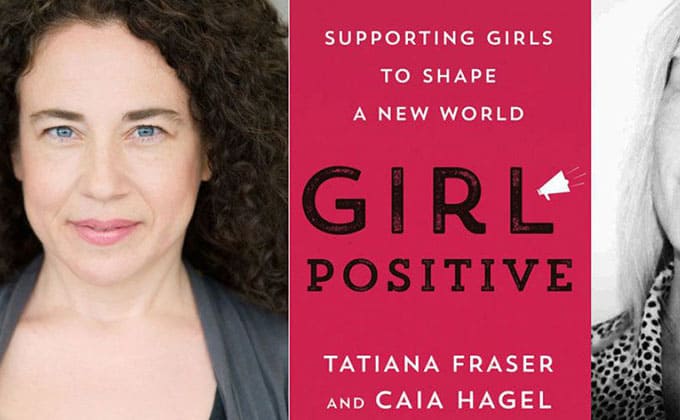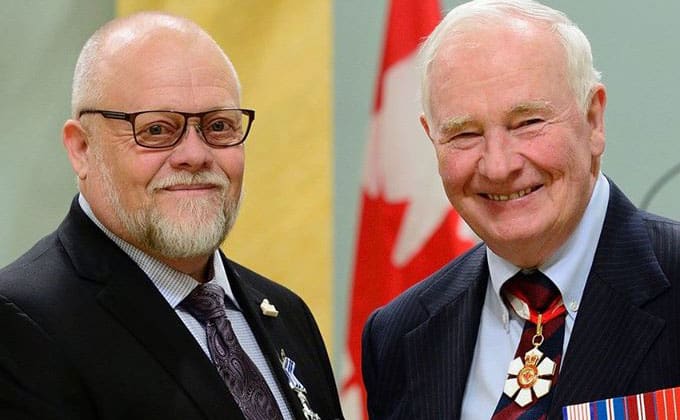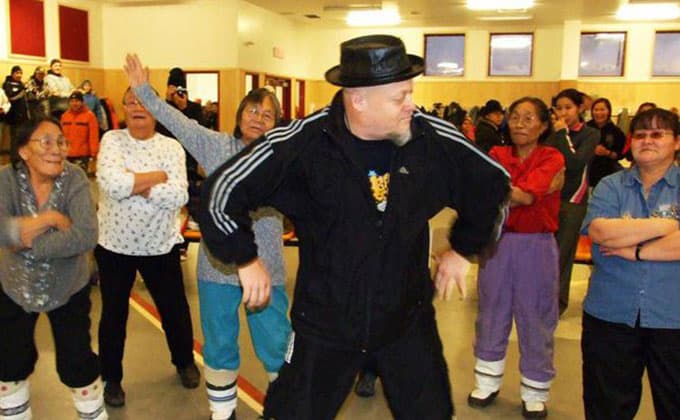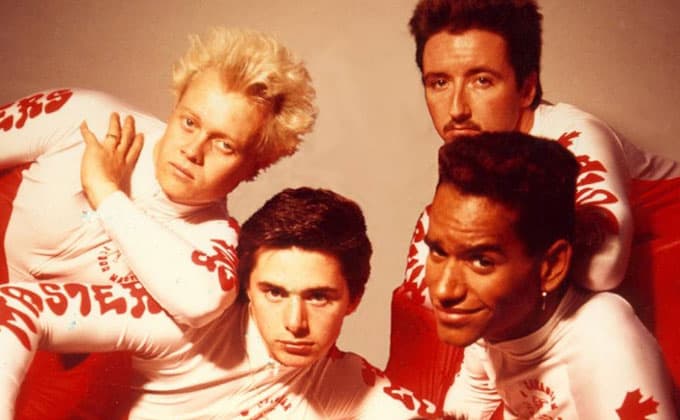Even coaches need a coach.
Fabrice Vil is systematically transforming sport coaches into life coaches to support youth and help them overcome adversity and become leaders in society.
PLAY VIDEO
It didn’t just give me the tools I need to help the kids — it gave me the tools I need to take care of myself. It’s changed me. Now, I can speak up for myself, for my players, when I see an injustice.”
Pour 3 Points Coach Imane Euchi
Real all stars.
Young people don’t need to wait to grow up to become leaders, but many are being held back by economic and social challenges and barriers. Positive role models, like those found in sport, can have a profoundly positive impact on the lives of vulnerable young people, giving them the ability to overcome life’s challenges and reach their true potential.
Growing up in a historically low-income Montreal neighbourhood with high numbers of vulnerable minority groups, Fabrice Vil credits two of his sport coaches with changing the trajectory in his life and giving him confidence to stand up for himself on and off the court. He wanted to provide this type of positive influence for other vulnerable youth, so he left his career as a corporate lawyer and began coaching. But Fabrice soon recognized that the lack of proper training for youth coaches was a major issue for many of these programs and schools. So, in 2010, he founded Pour 3 Points and became a coach for coaches.
Fabrice has created a new profession in the public sports and education spaces by elevating the skills and impact of sports coaches to that of life coaches through his organization’s training program. His program empowers coaches to focus on what’s important: not just winning the game, but developing resilient young people through sport. Coaches from vulnerable Montreal neighbourhoods undergo an intensive one-year training program that includes hands-on coaching experience and continuous learning through monthly mentorship sessions and peer-to-peer learning.
Fabrice’s methodology is working. A study from McGill University found that P3P coaches build more positive relationships with their athletes and instill better decision making skills.
Currently, P3P is offered in 16 schools, with a total of 59 coaches, and impacts more than 700 kids per year across four school boards in two cities. In addition to rolling out the program with the Montreal and Laval school boards, Fabrice has partnered with the Ministry of Education to change provincial policies so that all school coaches obtain basic training.
Fabrice’s proven model has attracted attention from school boards across the country.
He’s now working to scale his model nationally, supporting local education systems to leverage the valuable role sports coaches play in communities to transform the lives of vulnerable young people.
Supporting Ashoka Canada’s youth fellow program has meant investing in and scaling the work of high-impact social entrepreneurs like Fabrice Vil. Dollar for dollar, we could not have hoped for a better return.”
Noah Aiken-Klar, Director Youth Social Impact, RBC
FROM COACHES TO
CHANGEMAKERS
Pour 3 Points strengthens community, one coach at a time.
A high-school gym, the smell of sweat and sneakers, the cheer of the crowd, ten teenage girls on the basketball court battling for control of the ball. When the buzzer sounds, Coach Imane Euchi’s team has lost by a single point. “I was frustrated. I knew — we all knew — that the other team had done something unethical, that we should have won,” recalls Imane.
But her players calmed her down.
“They said, ‘Coach, it’s okay. It doesn’t matter that they cheated. At the end of the day, we learned more. We progressed more.’ Everything I had taught to them, they were now teaching me.”
For Imane, the moment crystallized the impact of her work with Pour 3 Points, a Montreal-based organization that trains school coaches in the skills they need to guide their students not only through sports, but through life. Founded by corporate-lawyer-turned social-entrepreneur Fabrice Vil, P3P reaches more than 700 kids through dozens of coaches each year. Young athletes with a P3P coach score higher on measures of what Fabrice refers to as the four Cs: competence, confidence, connectivity, and character.
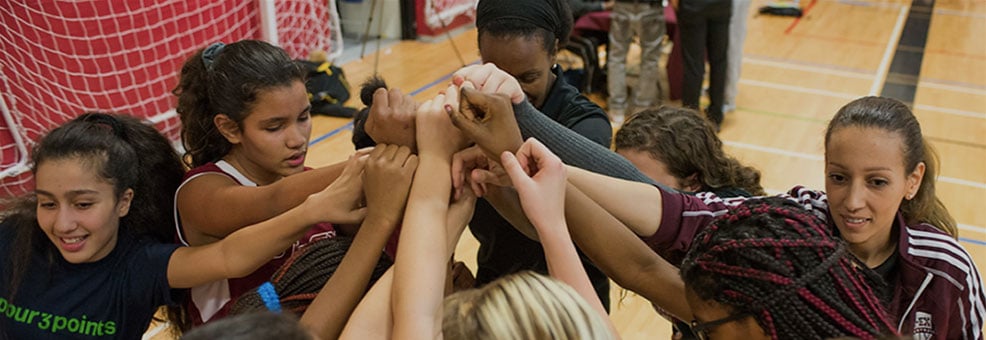
“My players aren’t afraid to ask questions,” says Imane, a former high school and college basketball star who came to P3P to unlearn a lot of the ineffective — and sometimes abusive — coaching techniques she’d grown up with. “They think for themselves. When we call a timeout, they’re the ones strategizing — they’re not waiting for me to tell them what to do.”
